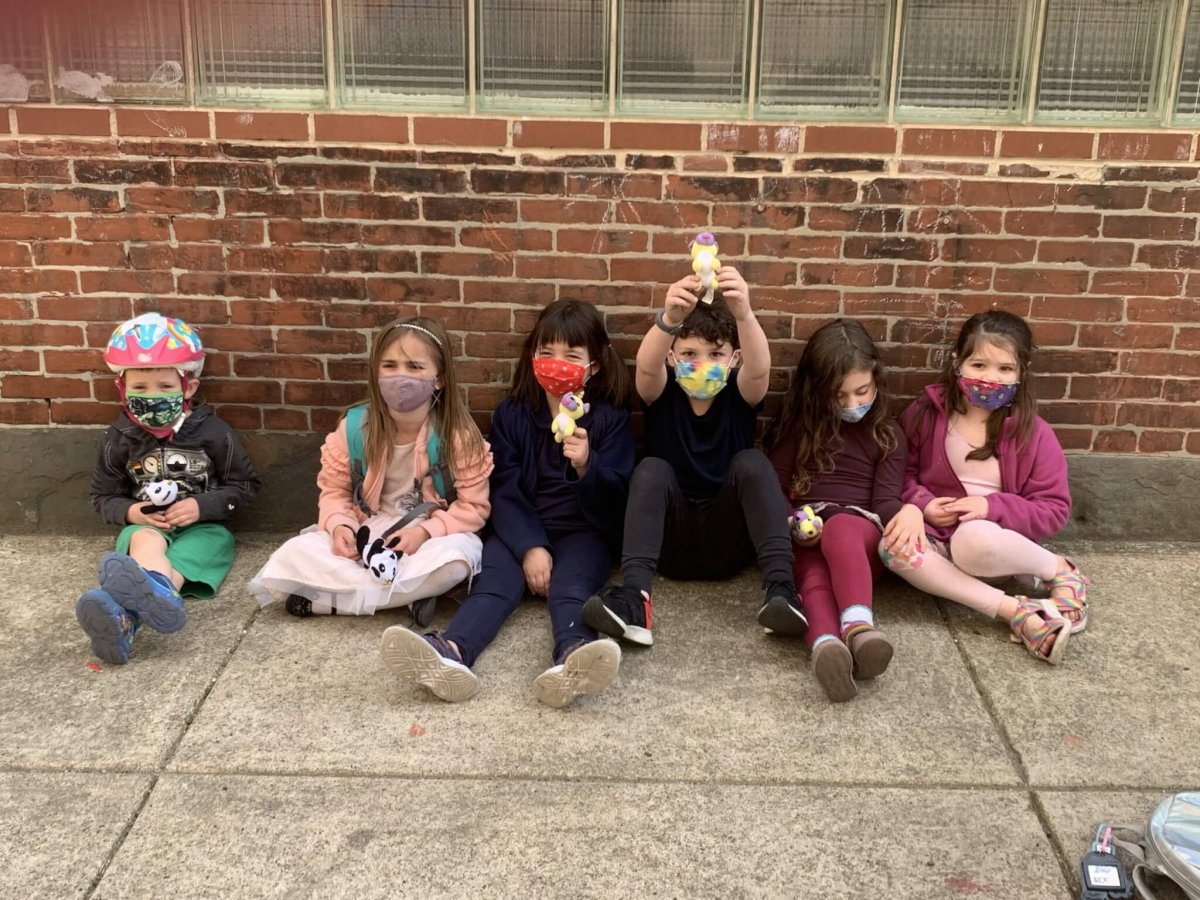
What could happen in a person’s life to make them just want to give up? “Watch a whole city NOT get destroyed” and “lose a new plant they had just received the day before” might not be the first answers you come up with. But that’s what happens for Yonah in the final chapter of his story. After watching God forgive Ninveh, he cries out to God that he doesn’t want to keep going anymore. He’s done. He had predicted that God would forgive Ninveh – that’s why he ran away from this job in the first place – and now, after all of this travel and prophesying, nothing is going to come of it.
Yonah has said something like “I don’t want to keep going like this anymore” to God twice now. What do you think is going on for him?
- He didn’t want to be a part of any of this, all the tasks; he doesn’t want to do stuff that isn’t worth it.
- He’s so upset because he put so much work into something that didn’t happen, and he had predicted it would go that way.
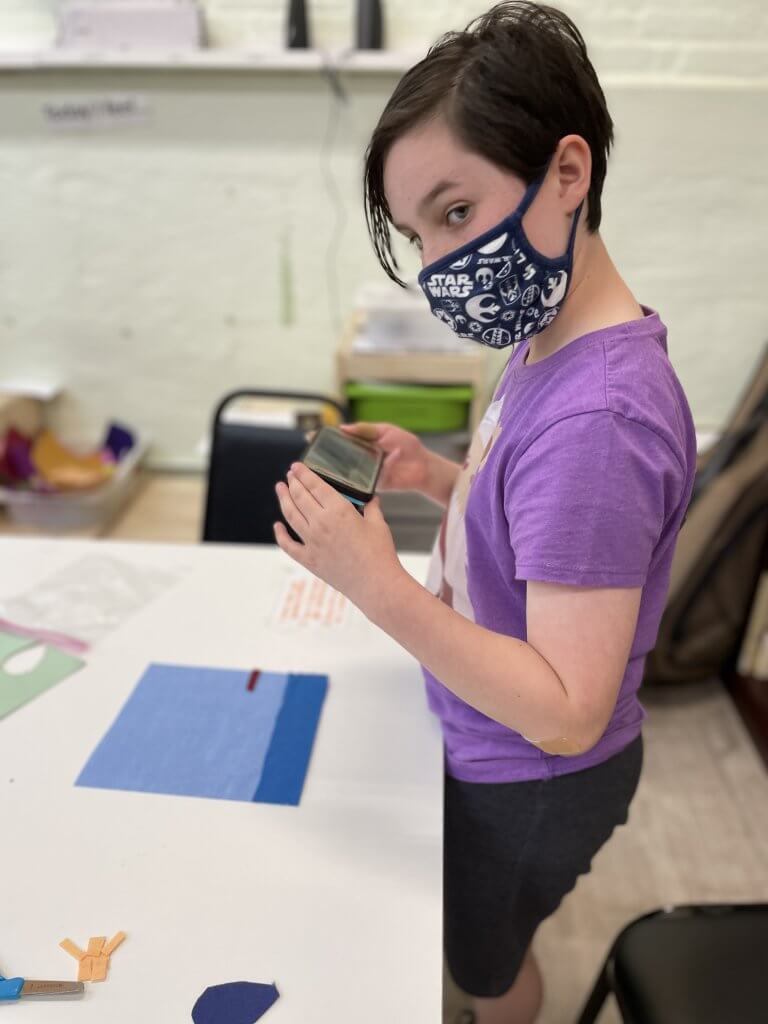
How would you describe Yonah’s personality?
- Smart because he knows God won’t destroy stuff.
- Sad.
- Lonely. But maybe the sailors were his friends.
- Peaceful, he relaxed on the boat on a huge storm and relaxed in the shade watching the city.
- Confused. Like he seems upset by good things. His feelings seem contradictory to the situation he’s in.
- He’s someone who gives up easily.
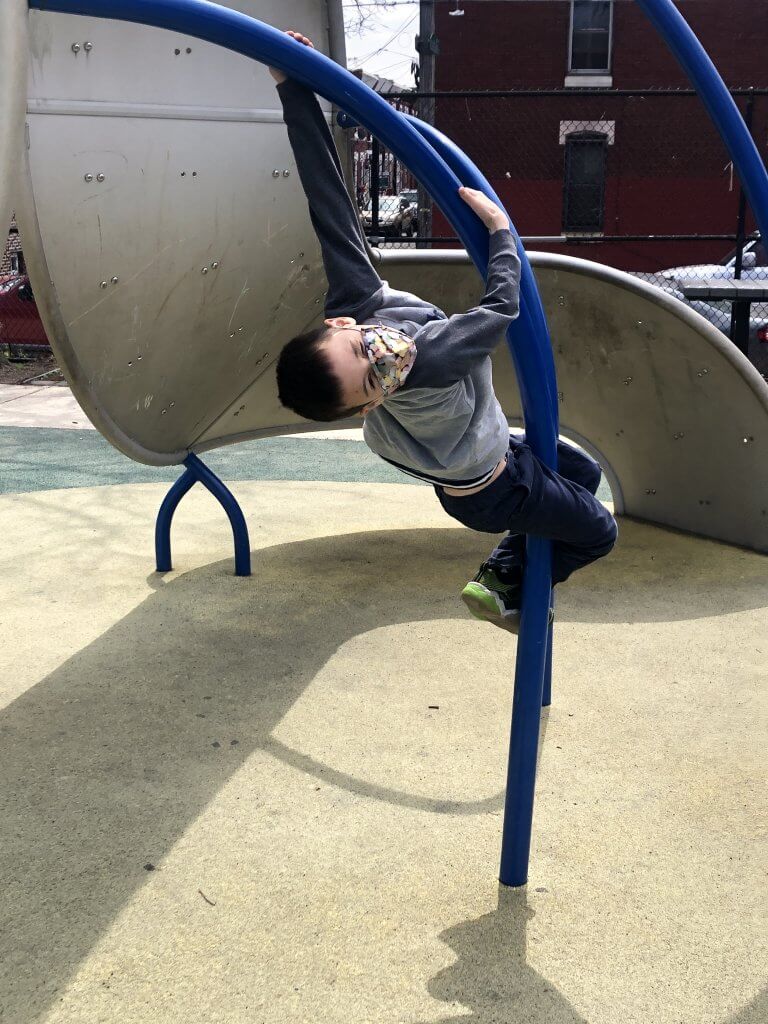
God hears Yonah’s despair and responds with something like, “Really? Are you really that upset about this?” What do you think about God’s response to Yonah’s feelings? Do you think what God says is helpful? Why or why not?
- God is very mean.
- Who wants to hear that?
- God should be nicer! Yonah is not happy.
- God seems angry with Yonah.
- I don’t think God likes it that Yonah is saying he’s done and doesn’t want to keep going.
- Why would God say that? Yonah did all this work just to do nothing. It’s understandable that he’s upset. It would be like if my mom did so much work to go back to [teaching at] the swimming pool and they didn’t even let her in.
- God wasn’t doing a good job of seeing the situation from Yonah’s perspective.
- I don’t think it was a helpful response because it didn’t move the conversation anywhere.
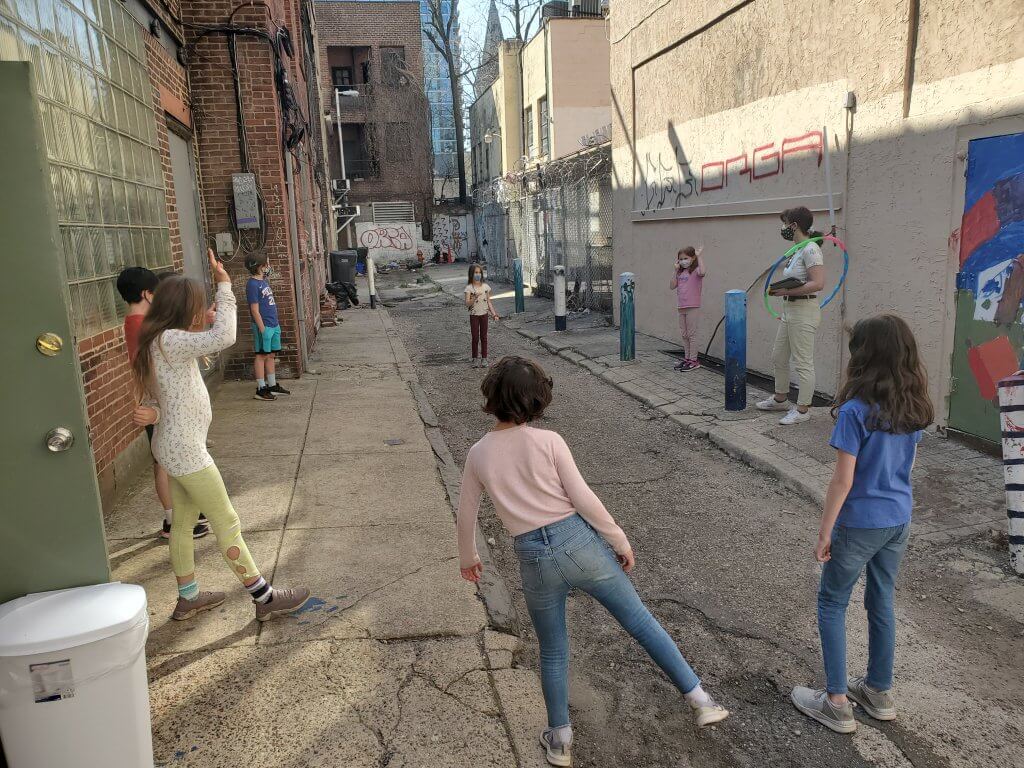
What are helpful and supportive ways we can respond to people who are deeply hurting or going through big challenges?
- Talk to them, but not the question that God asked. A different question maybe.
- Say “Oh, I didn’t think you would say that.” Then maybe say something nicer like offering to change the words you said (if you said something upsetting).
- Apologize (either to take responsibility or to sympathize with them) if they’re upset because of a mistake someone else made, and then offer to help fix the mistake (like if someone’s ice cream fell down, you could offer to buy them new ice cream).
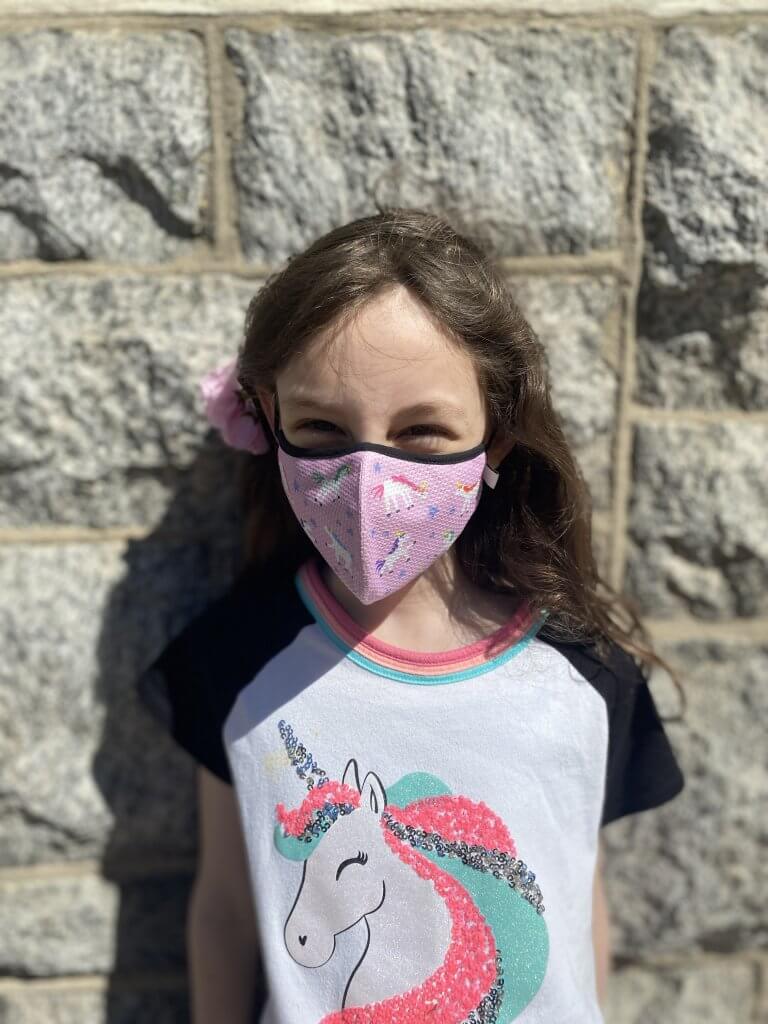
Yonah explains that he knew God wouldn’t destroy Ninveh “Because I know that you are el chanun verachum – a compassionate and pitying God, – erech apayim – slow to anger, – rav chesed – overflowing with kindness, taking back punishment” (Yonah 4:2).
What do you think about Yonah’s description of God? Are those the characteristics you would use to describe God? How do you envision God to be?
- I wouldn’t choose any of them.
- Yes? I think this makes sense to me.
- Strong and caring and speaking kindly – those are ways that God can be and that we can be like God.
- They don’t make sense because those sound like reasons that God is the best, so I don’t understand why Yonah is so upset at God when he describes God that way.
- In some stories God isn’t very nice [like when Moshe hit the rock to get water for the Jewish people in the desert and God punished him with not being able to lead the people into Canaan].
- God isn’t real, so this is just an angry person.
- God is a vending machine.
- God is a ghost who is blue.
- I know what God is now; God is an unknown voice.
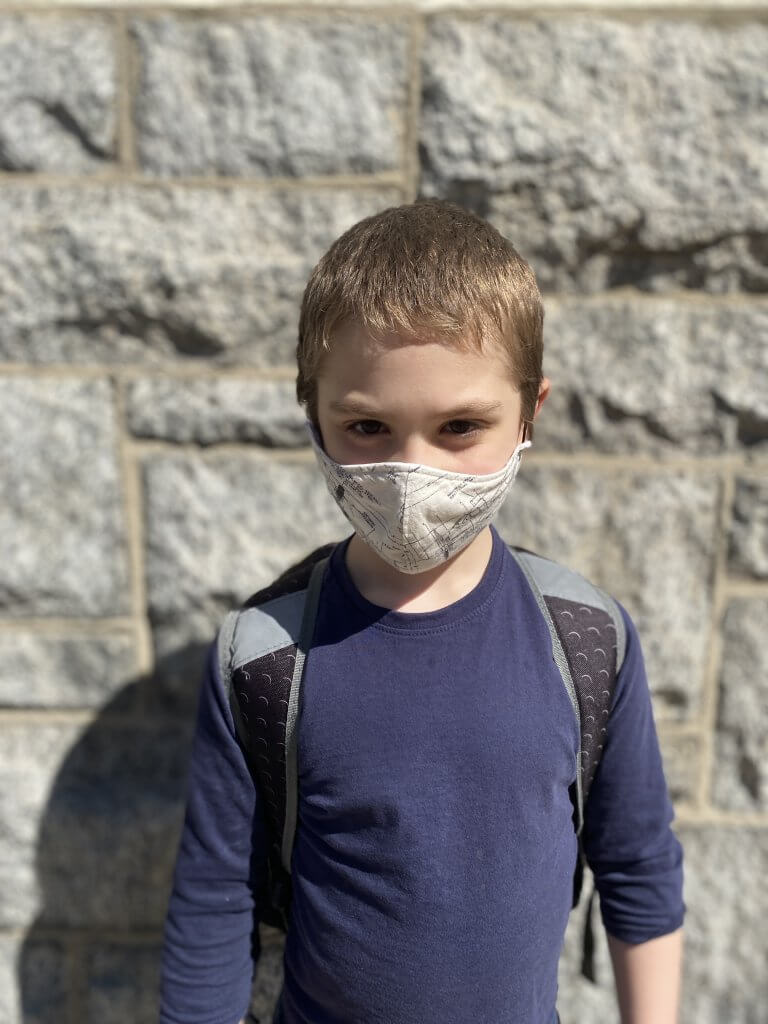
Sefer Yonah ends in a weird, unresolved place. God has expressed compassion, love, and forgiveness to Ninveh, and Yonah is still distraught. Many children’s books adaptations frame the ending as something like, “Yonah realized that God’s love was big enough for everyone.” The original text might not get all the way there, but we did in class. A commentary argues that God doesn’t forgive Ninveh because the people repented, but rather just because there were so many people. That’s all it takes to deserve love and kindness and forgiveness: being a person. Having the best day? You deserve love. Having your worst day? Still deserve love. It can be a hard thing to believe, so we’ll just keep saying it over and over again, to our kiddos, to each other, to ourselves: You deserve love.
